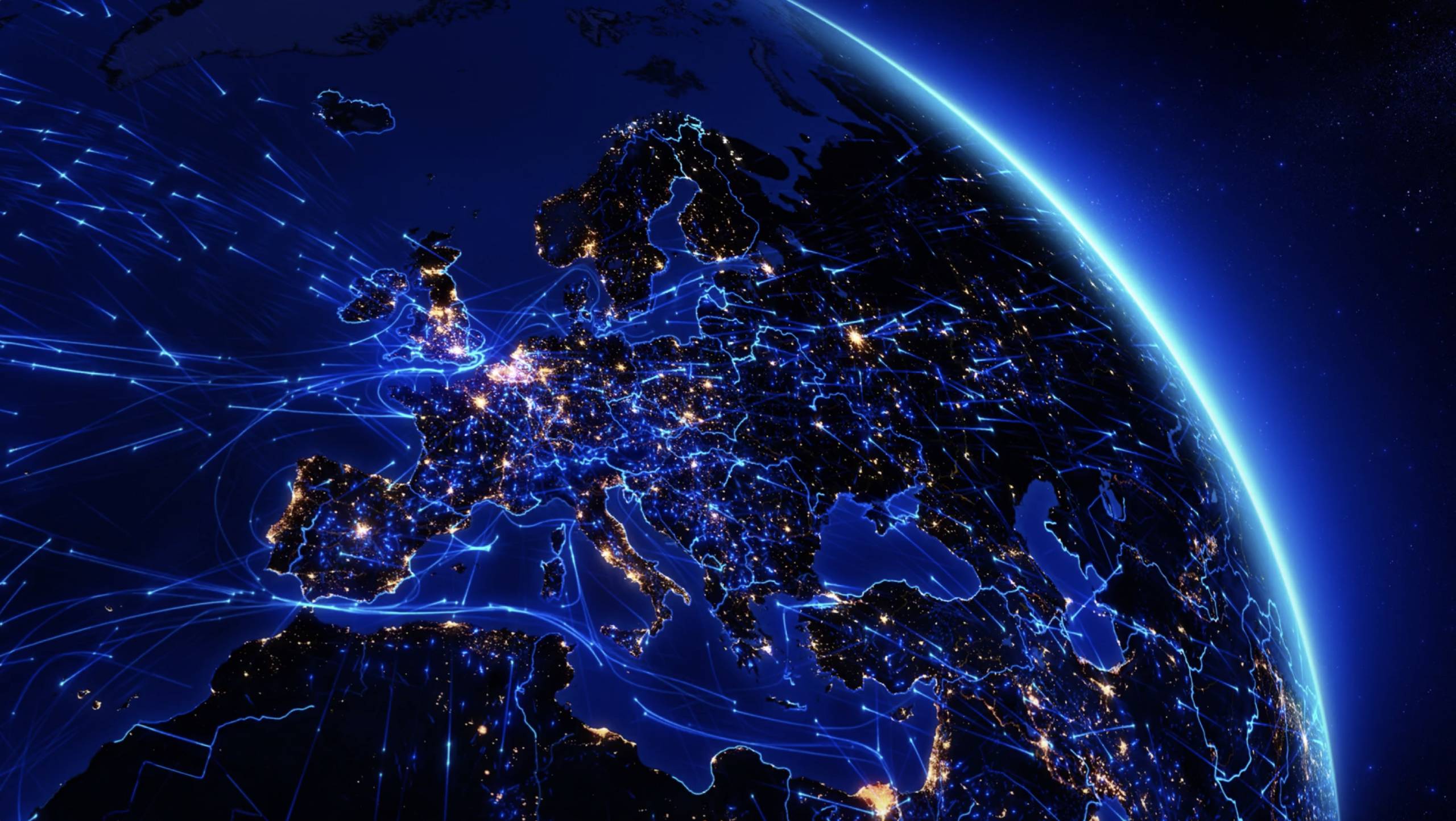
Earlier this month it was reported that Vodafone has sold its 45% stake in Verizon Wireless to US telecoms group Verizon Communications in one of the biggest deals in corporate history.
The transaction means that as well as returning £54bn to its shareholders – of which £22bn will go to stakeholders in the UK – Vodafone is now able to invest heavily in future projects. And it has been reported that significant funds have been earmarked for high speed mobile phone networks.
As the third largest corporate transaction ever – behind Vodafone’s 1999 deal to buy Germany’s Mannesmann and AOL’s purchase of Time Warner in 2000 – this is surely not only a statement of intent, but also an astute business decision. As the world’s second-largest mobile phone company (after China Mobile), UK based Vodafone Group obviously has a knack for understanding its market and pre-empting future demand.
Telecommunications continues to be a highly lucrative yet competitive market. And in order to stay one step ahead of the competition, Vodafone has made the bold decision to drastically change its business model to future-proof its plan for sustainability.
With the equity released from its recent sale, the company is launching a £6bn investment plan called Project Spring, which will accelerate the introduction of 4G networks and increase investment in laying fibre optic cables. As a result, it is hoped that by 2017 its main five European markets will have almost complete 4G coverage.
It seems that – providing it has the talent to see its plans come into fruition – Vodafone has the recipe for growth and sustainability down to a tee.
